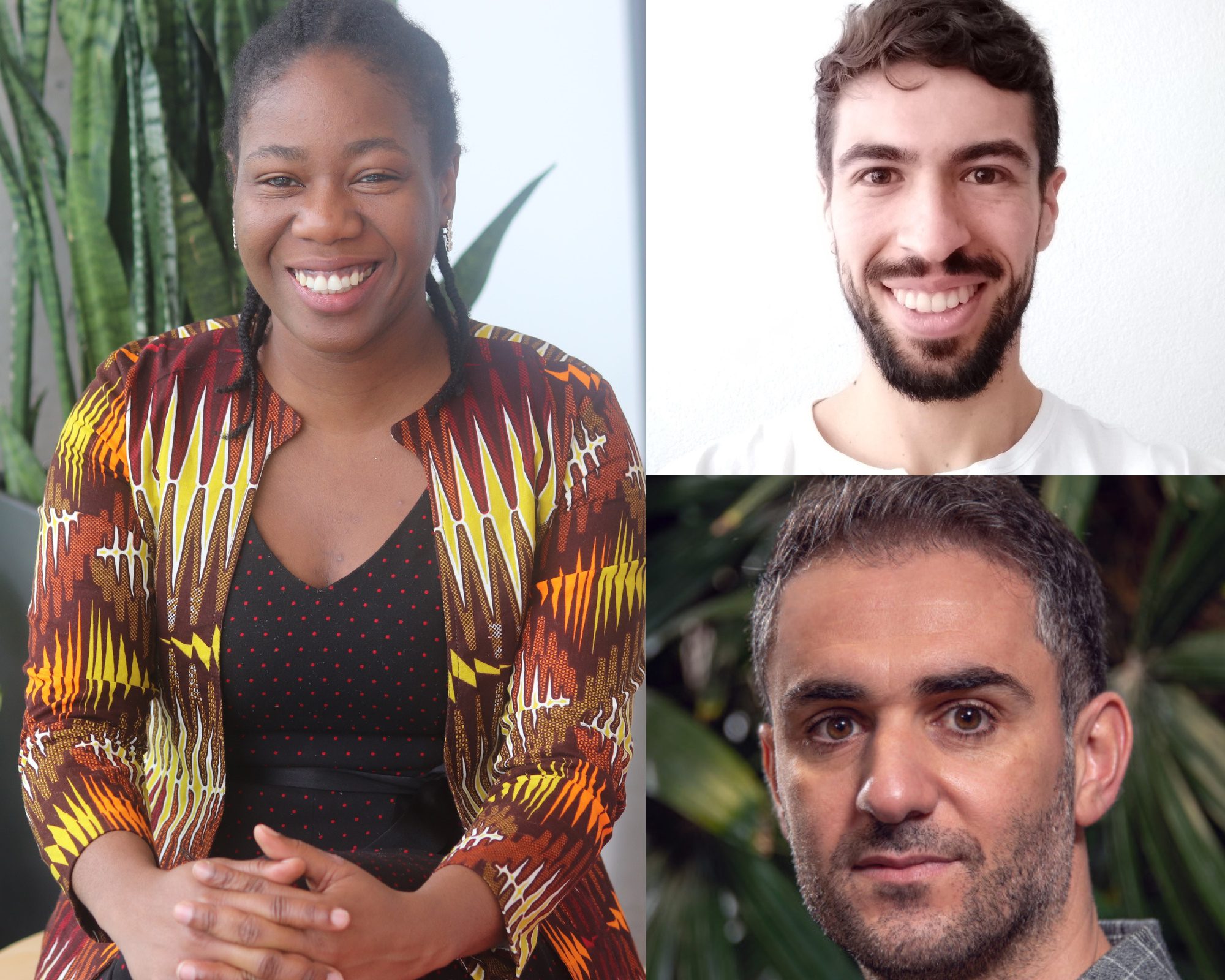August 28, 2023
Announcement of postdoc entrepreneur funding winners
A call for applications for post-doctoral students was launched in June 2023 for their participation in our funding program for scientific entrepreneurship projects. It enables three winners to create a marketable prototype from their doctoral research, while receiving salary funding of $105,000 for 18 months, in addition to a budget of up to $30,000 from research funds or, in McGill’s case, other programs. All this while benefiting from our IVADO network to get their project off to a good start
We are pleased to announce the three winners and present their projects below.
Intelligent early detection system for lung cancer
By Roseline Olory
BrainInnov Inc. develops an intelligent early detection system for lung cancer. Lung cancer is the most frequently diagnosed cancer in both men and women, and
women, and one of the most deadly in Canada (5-year survival rate 22%) and worldwide. Around half of all lung cancers are diagnosed too late, considerably reducing the chances of cure, partly due to a strong unmet need for early detection. An early detection system like ours could increase lung cancer patients’ chances of survival by more than 63% over 5 years.
Symphonaie: Bio-mimetic neuro prosthetics
By Roberto Felipe Salamanca Girón
SymphonAIe develops non-invasive neuroprosthetics using multiple AI architectures to deliver “symphonic” electrical stimulation capable of influencing neuroplasticity. In this way, the technology aims to provide optimal neuromodulation, which thanks to unprecedented control of arbitrary biomimetic waves, can dramatically improve learning and rehabilitation in healthy people and neurological patients.
Brainscores
By Mohamed Oualid Benkarim
Brainscores is an AI-powered collaborative imaging platform dedicated to enhancing the diagnosis and management of epilepsy. While anti-seizure medications are the first line of defense, they fail in one-third of patients, leaving surgery as the last resort. Current presurgical evaluation to identify the seizure source requires the monitoring (EEG) and acquisition of several brain images (e.g., MRI), as well as the feedback from multiple experts involved in the epilepsy care team. However, negative MRI results occur in 50% of cases due to subtle brain lesions undetectable by human experts, which may affect the accuracy of surgical planning, lead to suboptimal outcomes, and even hinder patients’ chances of undergoing surgery. Brainscores aims to provide a more precise evaluation of epilepsy cases by leveraging AI for increased lesion detection rates, multimodal imaging for more comprehensive patient data representations, and collaboration for multidisciplinary consensus-based decision-making.
